Amazing Ideas Dementia Tattoos You Will Love
“Remember” Tattoo

“Forever in my heart” Tattoo Ideas
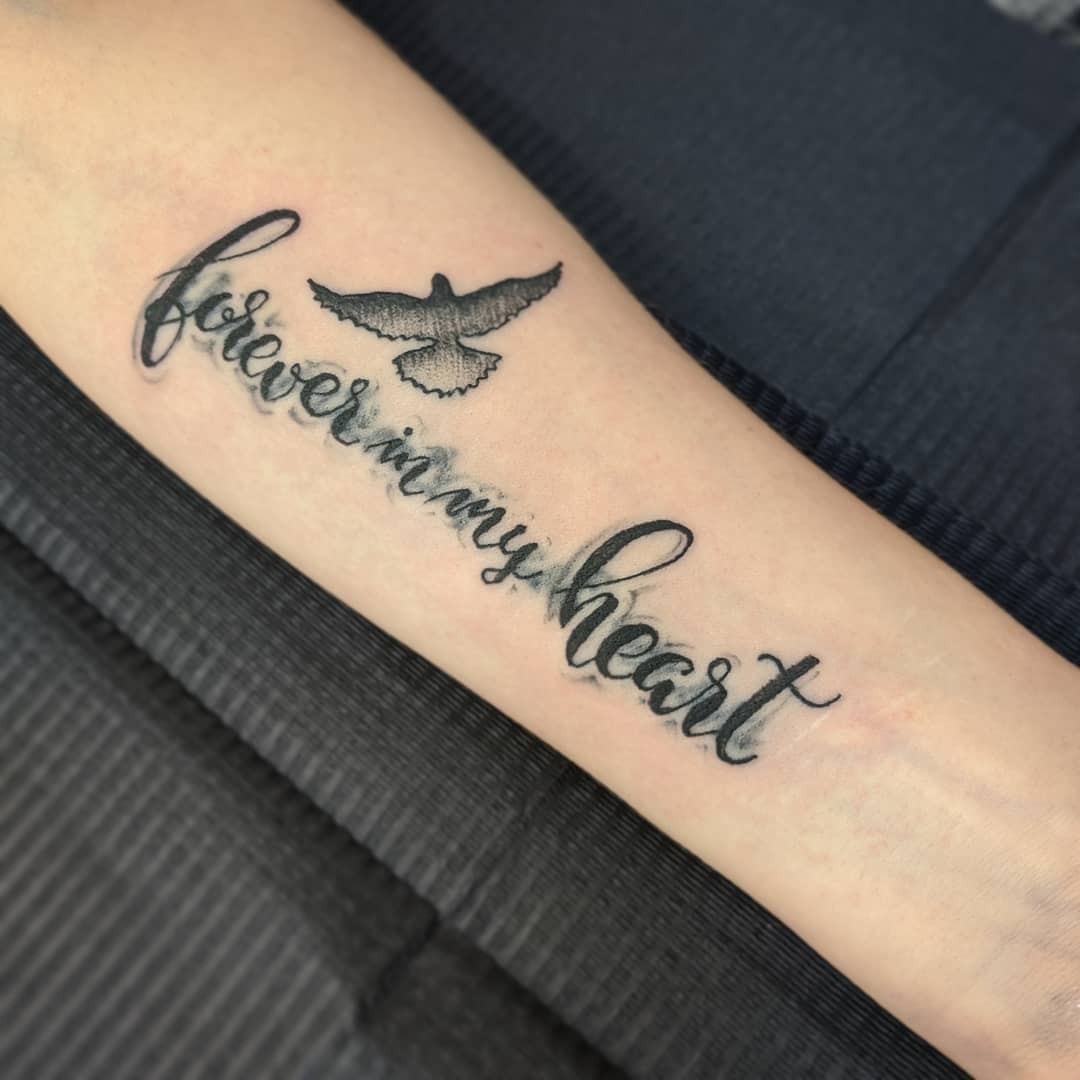
“Always With You” Tattoo
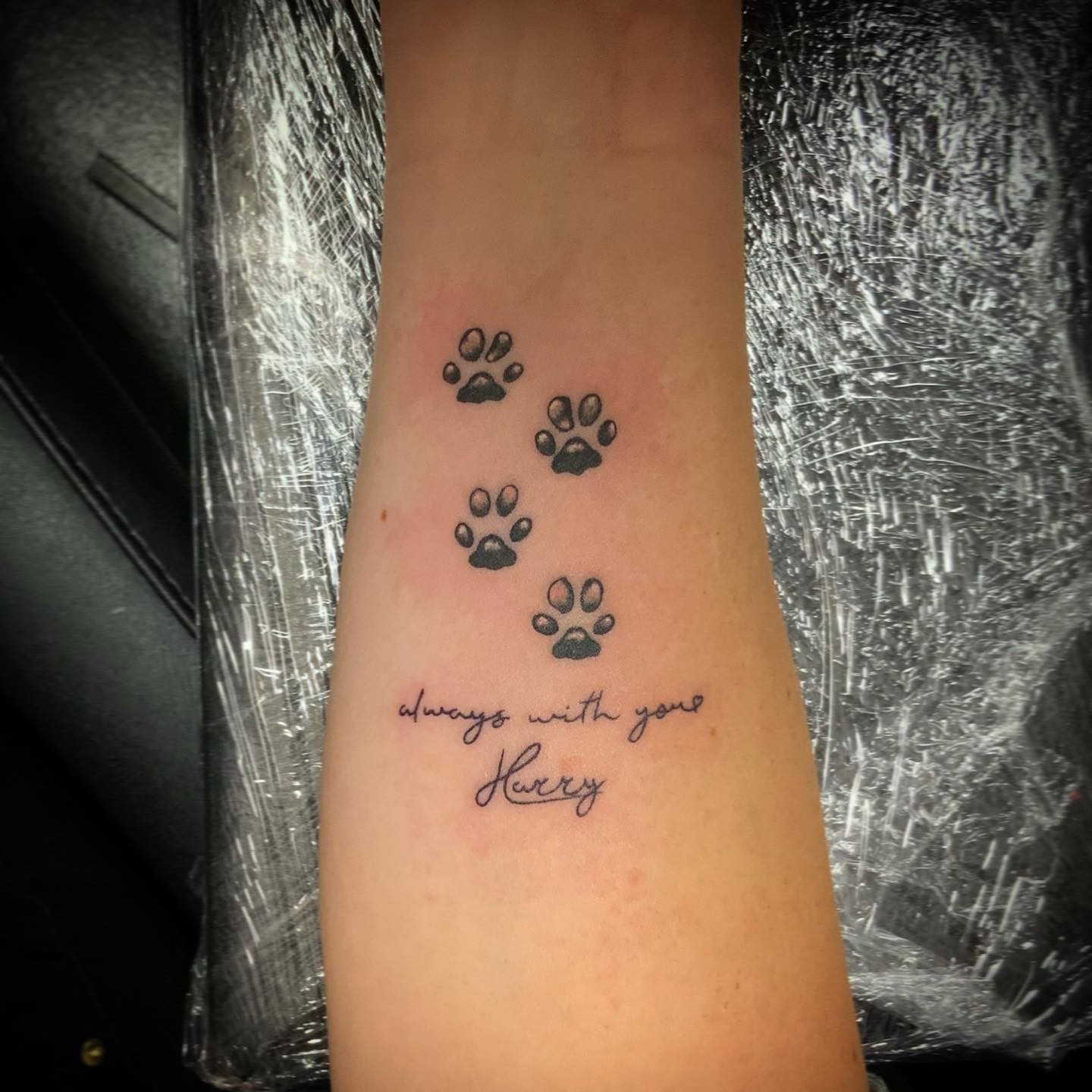
“In loving memory” Tattoo
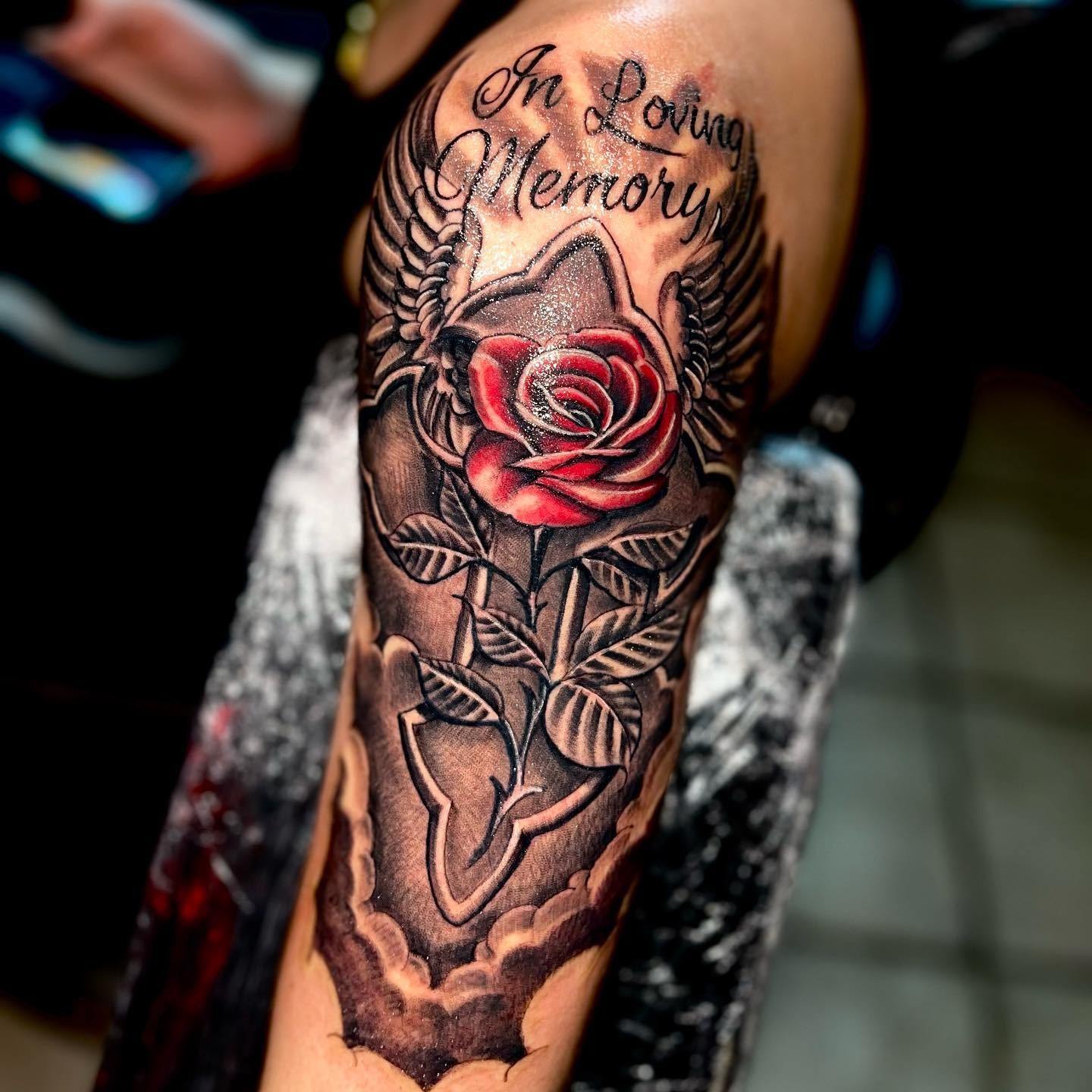
“Gone but never forgotten” Forget me not Tattoo
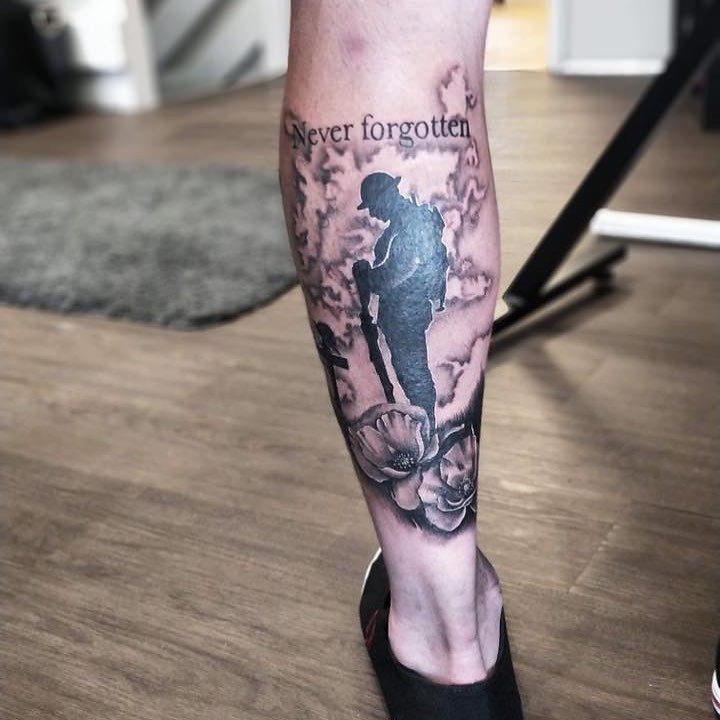
“You are always with me” Tattoo
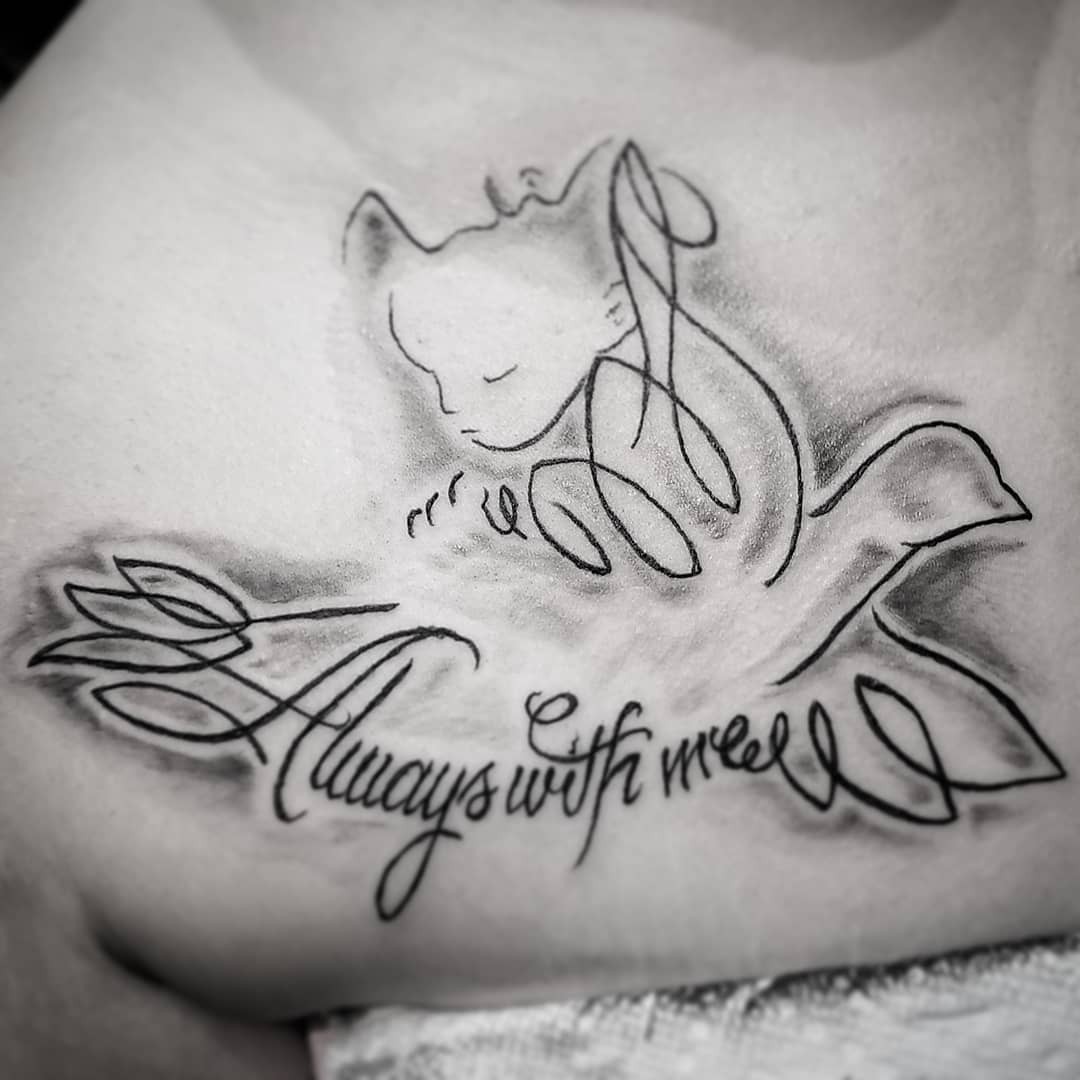
“Your Memory Lives On” Tattoo
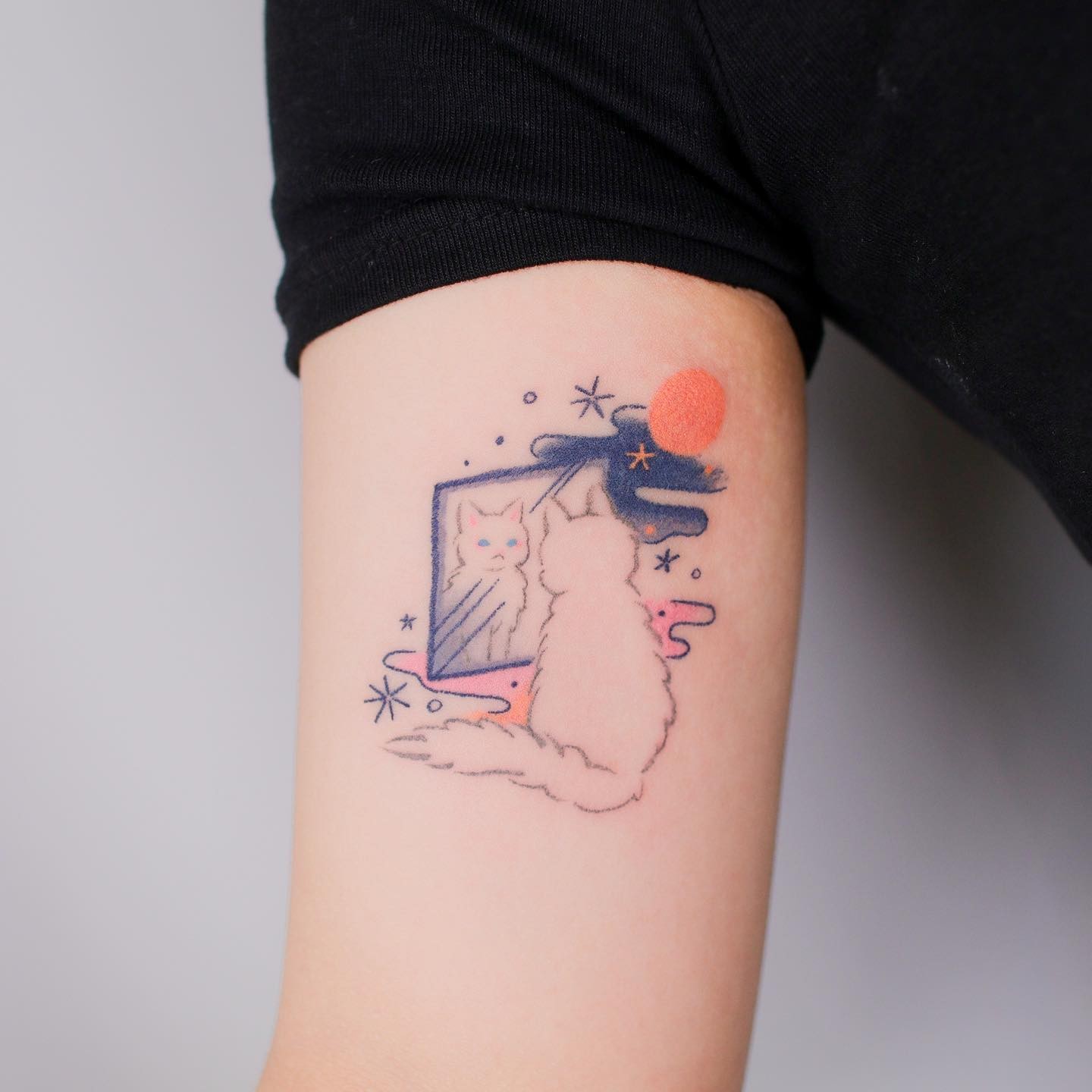
“Forever in our hearts” Tattoo
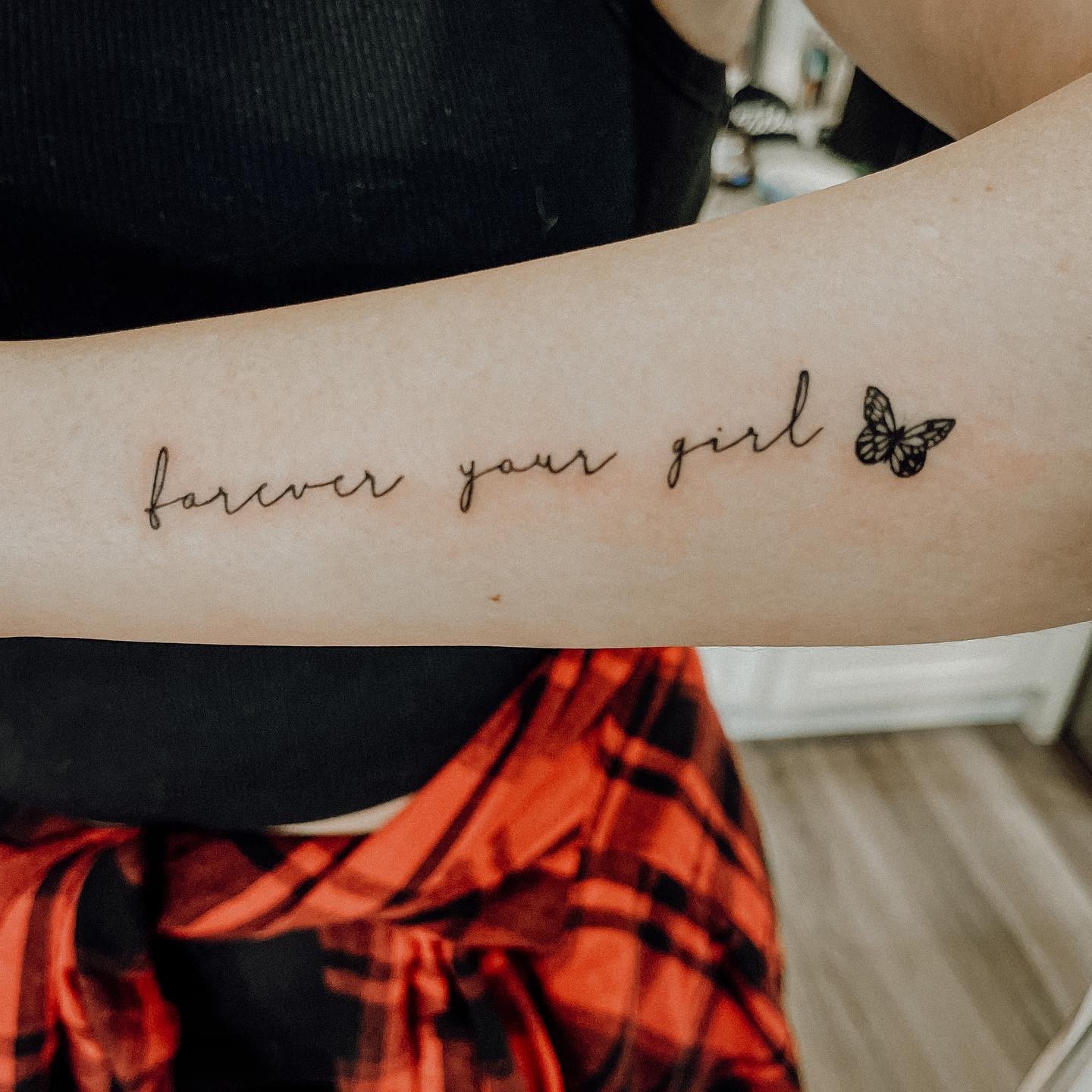
“Your Memory Is A Treasure” Tattoo
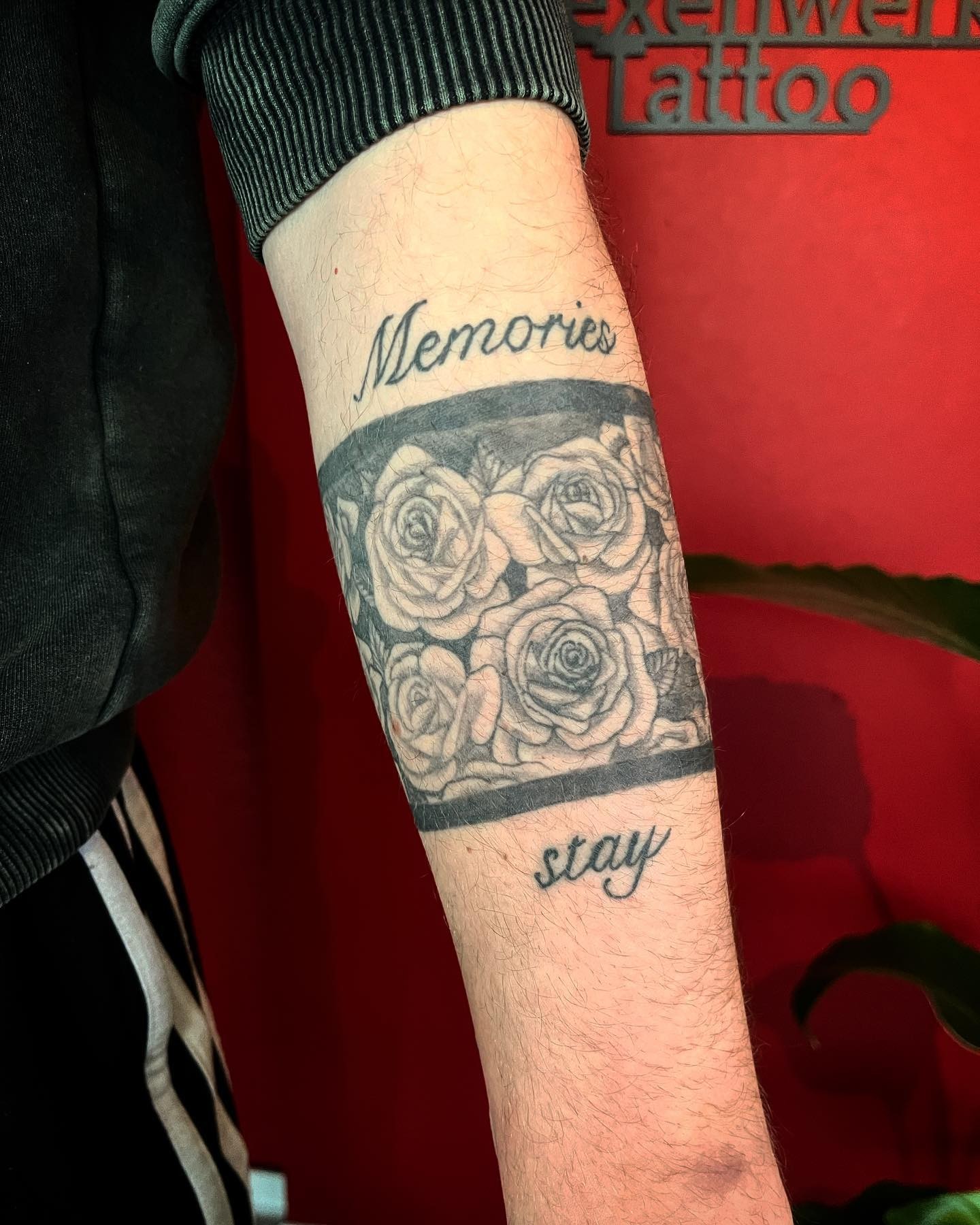
What Are Dementia Tattoos?
The concept of dementia tattoos has gained traction in recent times, offering individuals living with dementia a permanent and easily readable reminder to aid memory recall. This can be particularly helpful for those struggling to remember important details like family members’ names, phone numbers, or even their own address.
Not only does it provide a quick identifier for first responders and healthcare professionals, allowing them to contact relevant caregivers or loved ones, but it also fosters independence and connection with family members. While respecting the individual’s autonomy is crucial, ensuring they are comfortable with the idea of getting a tattoo is vital before proceeding.
For those who may not be suitable for tattoos due to personal or health reasons, alternative identification methods such as ID cards, bracelets, and similar solutions can also provide the necessary support.
Elephant Dementia Tattoos
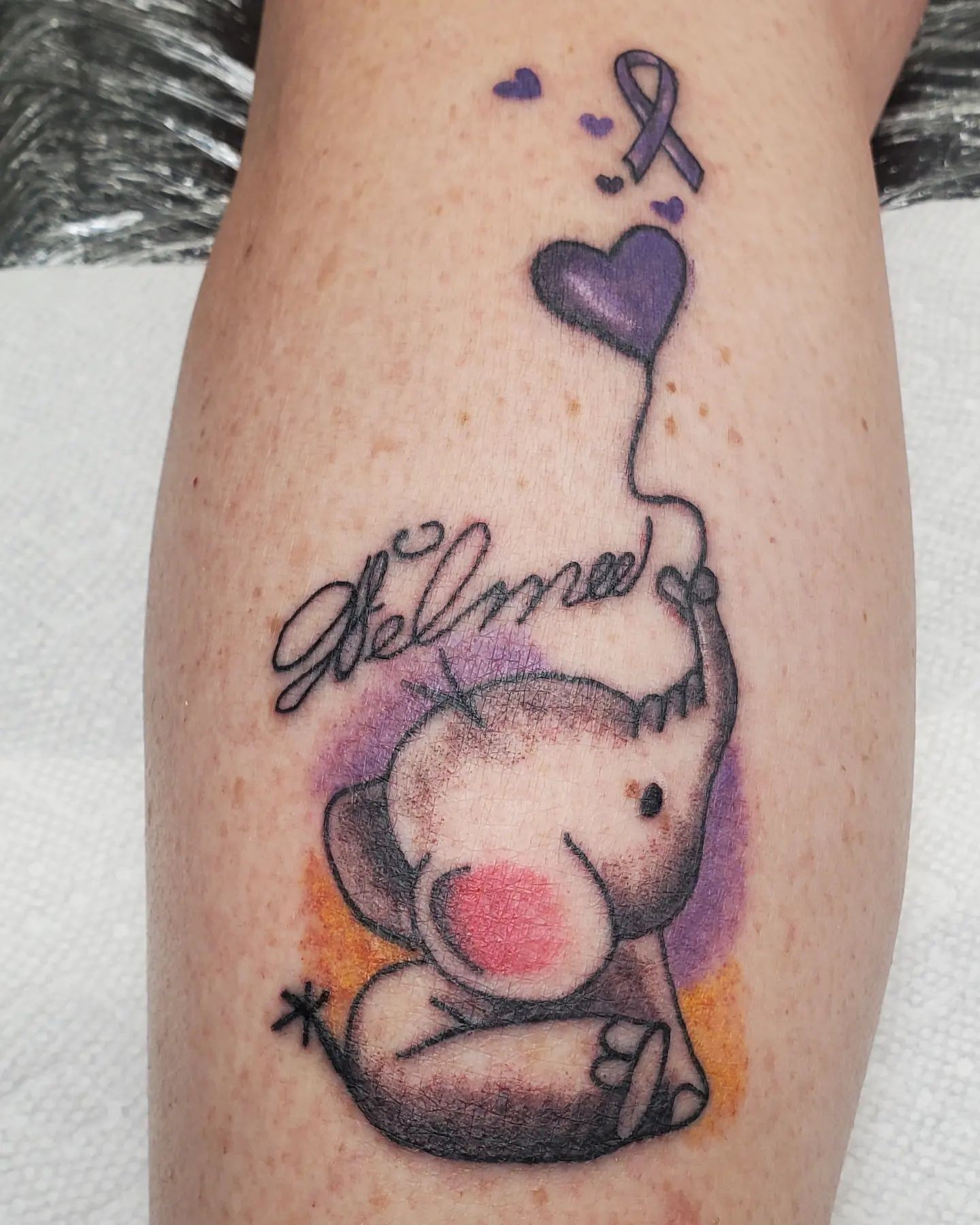
The majesty of the elephant serves as a powerful symbol for those navigating dementia. Its commanding presence and reputation for never forgetting make it an emblem of wisdom, resilience, and perfect memory – qualities that can be especially poignant for individuals living with this condition. Furthermore, elephants are renowned for their strong family bonds, reflecting the importance of emotional support networks in coping with dementia.
For those considering a tattoo to represent their experience, an elephant design could serve as a constant reminder of one’s inner strength and the love surrounding them.
Inspiration Dementia Tattoos
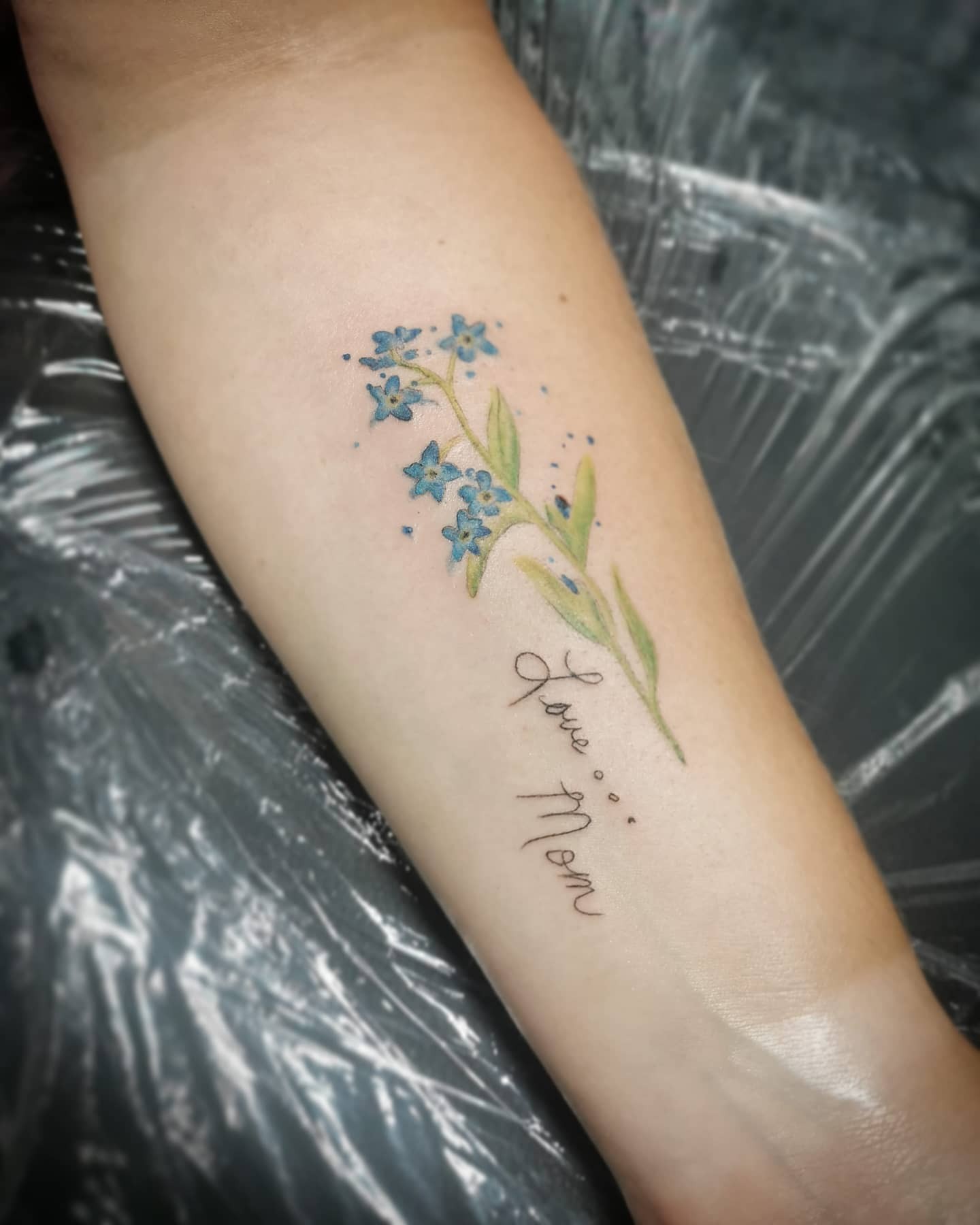
Tattoos can be a powerful tool for individuals living with dementia, serving as a constant reminder of their inner strength and resilience. The message they convey is deeply personal, carrying profound meaning that can inspire perseverance and hope in the face of adversity. A tattoo bearing a meaningful symbol or quote can be a daily affirmation of one’s capacity to push forward, never losing sight of their inherent value and worth.
It’s as if having a personal mantra inked on your skin, accessible at any moment to boost morale and motivation. Think about a quote that has always resonated with you or a symbol that embodies your spirit and resolve. Imagine having that visual reminder etched onto your skin, serving as a constant source of inspiration whenever you need it most. It’s like having your own personal cheerleader, urging you forward and reminding you that you’re capable of overcoming any challenge.
Ultimately, the message you choose to carry should be one that speaks directly to your heart, reflecting your unique journey and experiences. It should be a symbol of your fight, your spirit, and your unyielding resolve.
Quote Dementia Tattoos
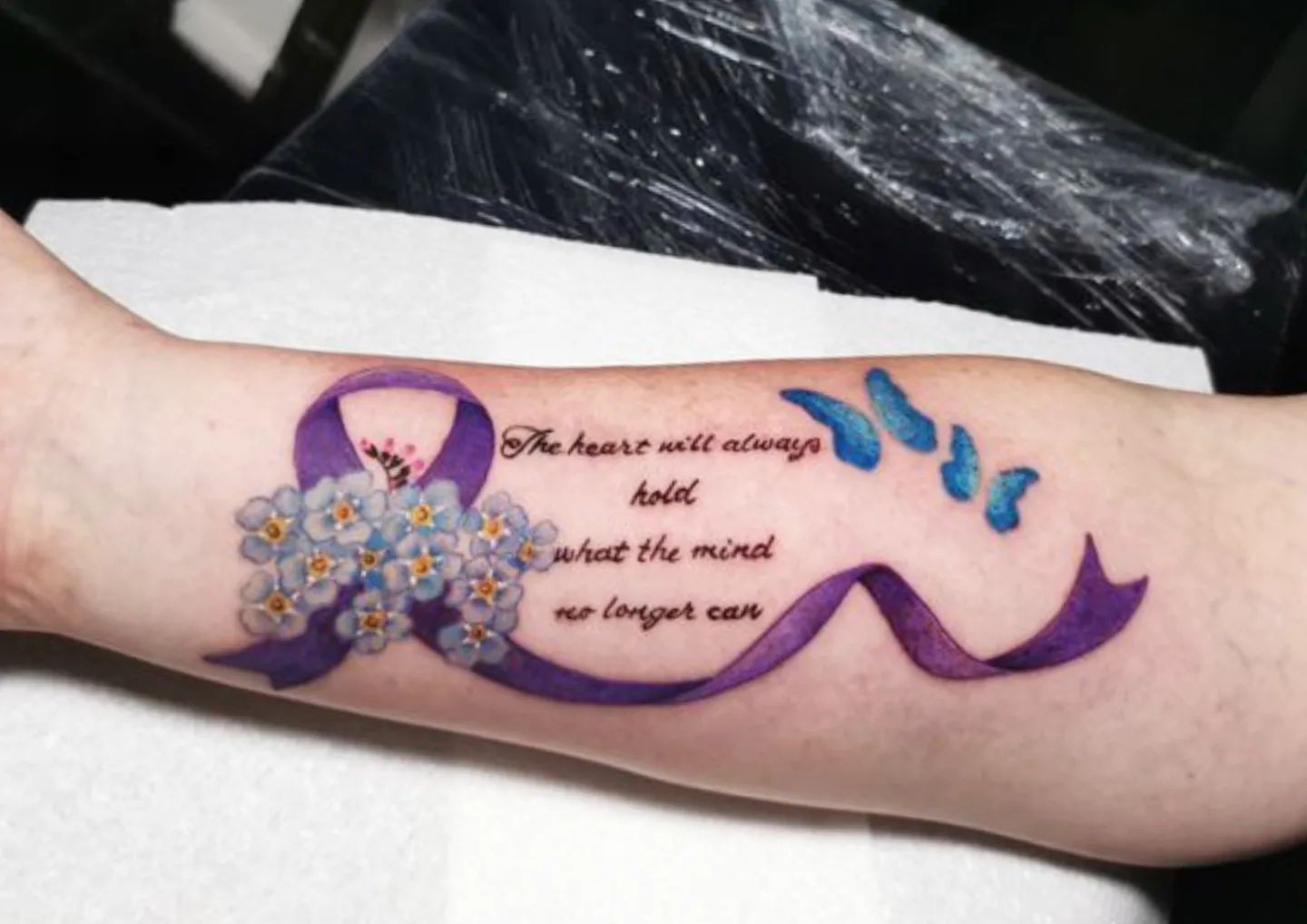
Imagine having a meaningful quote or message permanently etched onto your skin, serving as a constant source of inspiration and comfort during life’s challenging moments. For individuals living with dementia, quote tattoos can be a powerful tool for coping with their condition.
As you consider getting inked, think about a quote that has had a profound impact on you – it could be a piece of wisdom imparted by someone special, a lyrical line from your favorite song or book, or even a phrase you’ve coined yourself. The beauty of these tattoos lies in their uniqueness and the personal significance they carry. When choosing a quote to get tattooed, look for one that speaks directly to your soul, providing strength, hope, and courage when you need it most.
Visualizing this message on your skin can be incredibly empowering, serving as a reminder of the importance of resilience and perseverance.
Benefits of Dementia Tattoos
When it comes to dementia, one of the most significant advantages of what I term ‘dementia tattoos’ lies in their capacity to bridge the communication gap that often arises with this condition. The idea is not just to create a visually striking design but to inscribe crucial information that can serve as a lifeline in times of crisis.
For instance, having names of family members or emergency contact numbers inked on one’s body can provide comfort and reassurance for both the individual living with dementia and their loved ones. Not only does this tattoo offer a backup communication plan, but it also serves as a means of ensuring that essential contacts are reachable when needed. Beyond its practical applications, a dementia tattoo can also play a profound role in preserving one’s identity and sense of independence.
As cognitive function declines due to dementia, individuals may struggle with feelings of losing their sense of self. A dementia tattoo, however, allows them to take control of their lives by making decisions that are uniquely theirs. It can serve as a powerful memento of personal history, passions, values, and the essence of who they are – a testament to their agency and autonomy.
Considerations For Getting A Dementia Tattoo
When selecting a tattoo artist for someone living with dementia, it’s crucial to find an expert who understands the unique requirements of this type of tattoo. Look for an artist with experience in creating dementia-friendly tattoos and a deep empathy for the individuals affected by this condition. Don’t be afraid to thoroughly review their portfolio and ask questions to ensure you’re working with someone who can bring your vision to life. Next, consider the placement of the tattoo.
Ideally, it should be visible and easily accessible, such as on the wrist or upper arm. This allows the wearer and others to readily see and understand the design. The size of the tattoo is also important, striking a balance between being large enough to make an impact without being overly complex. Consent from the person with dementia is a sensitive but essential topic. It’s vital that they’re comfortable with the idea of getting a tattoo and understand its purpose and meaning.
Be open and honest about the design, how it will aid them, and what benefits they can expect. If their cognitive function is significantly impaired, consider securing consent from their next of kin as well. Ultimately, the goal of creating a dementia-friendly tattoo is to enhance the wearer’s quality of life by providing a meaningful, easy-to-read, and genuinely helpful tool.
A reputable tattoo artist will be happy to collaborate with you and the person with dementia to create a design that meets these criteria.
More on Dementia Tattoos
Dementia tattoos featuring forget-me-not flowers can be a poignant way to pay tribute to loved ones affected by the condition. As a constant reminder of their significance, these tattoos serve as a symbol of unwavering love. The symbolism extends beyond personal remembrance, as dementia tattoos can also raise awareness about the challenges and impact of this condition.
By wearing such a tattoo, individuals can spark conversations and encourage understanding and empathy towards those living with dementia and their caregivers. Butterflies hold a special place in these tattoos, representing transformation, resilience, and hope. The delicate wings of the butterflies serve as a poignant reminder to embrace change and find beauty in fleeting moments.
The gentle flight of the butterflies embodies the journey of those affected by dementia, navigating through memories and experiences. As a powerful emblem of love, compassion, and remembrance, these tattoos not only honor individuals and their loved ones but also celebrate their strength and courage. With each stroke of ink, the butterflies come alive, spreading their colorful wings to inspire hope and understanding in the face of this challenging disease.
Medical Issues To Consider When Getting A Dementia Tattoos
When it comes to getting inked, it’s essential to consider the risks involved. Firstly, infections are a significant concern. Since tattooing involves breaking the skin and injecting ink, a clean and sterile environment is crucial to avoid complications. You wouldn’t want an infection to compromise the beauty of your body art. Another risk to be aware of is allergies.
Some people might experience an adverse reaction to certain pigments or inks, which can manifest as mild redness and itching or even a full-blown rash. This is particularly worrying if someone’s immune system is already compromised. Scarring and scabbing are also potential issues to consider. The healing process can be unpredictable, leading to unsightly scars or painful scabs. It’s vital to work with an artist who uses proper techniques to minimize these risks.
Lastly, while the risk is low, there is still a possibility of contracting communicable diseases like hepatitis. It’s crucial that your tattoo artist follows strict safety protocols to mitigate any potential hazards.
Conclusion
As we conclude our discussion on dementia tattoos, it’s essential to reiterate their profound impact on individuals living with dementia. These transformative tattoos serve not only as a physical representation but also as a means of communication, a symbol of autonomy, and a reassuring reminder of one’s identity. Having witnessed firsthand the significant benefits these tattoos can bring, I must emphasize that the journey to getting a dementia tattoo requires careful consideration.
This includes selecting an experienced tattoo artist, engaging in open dialogue with your loved one about the tattoo, ensuring their consent, and evaluating potential health risks. It’s a delicate dance that demands attention. To caregivers and families of individuals living with dementia, I encourage you to consider this unique approach as a way to support your loved ones on their journey, keeping them connected and cared for.
However, it’s crucial to acknowledge that dementia tattoos may not be the only solution. If tattoos aren’t feasible due to personal or health reasons, alternative forms of identification can offer similar benefits. ID cards, bracelets, and other methods of recognition can provide a lifeline of communication and connection.
What’s vital is partnering with a professional who understands the distinctive needs of individuals with dementia, providing guidance and support to both the individual and their loved ones in making informed decisions. Let’s continue exploring ways to make life easier for those living with dementia. Stay informed, stay connected, and remember that there are always alternatives to consider.
What information is typically included on a dementia tattoo?
When it comes to dementia tattoos, individuals typically opt for designs that incorporate essential personal details. These can include the person’s name, date of birth, and any crucial medical information, such as allergies or pre-existing conditions. In some cases, the tattoo may also feature a contact number for a designated caregiver or emergency contact, providing a vital lifeline in times of need.
Are dementia tattoos only for people with dementia?
While often associated with individuals living with dementia, these unique tattoos hold a broader significance. They serve as a vital tool for anyone who might struggle to convey crucial information or medical history during an emergency, providing a discreet yet effective means of communication.
Where should a dementia tattoo be placed?
When it comes to designing dementia-friendly tattoos, placement is crucial. Ideally, these tattoos should be positioned in a highly visible area, allowing easy detection by emergency responders and healthcare professionals. The wrist or inner arm are excellent locations for this purpose, providing an unobstructed view of the tattoo’s unique symbol or message.
Can a dementia tattoo be removed?
While it may seem counterintuitive to remove a tattoo that holds sentimental value for someone living with dementia, the reality is that these tattoos can indeed be removed through a process called laser tattoo removal. This treatment involves targeting the pigment in the tattoo with high-intensity light beams, breaking up the ink into smaller particles that are then absorbed by the body, ultimately causing the tattoo to fade and eventually disappear.